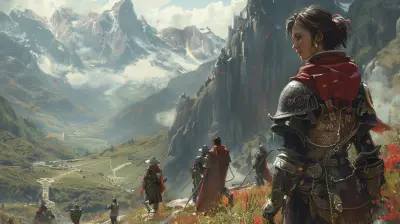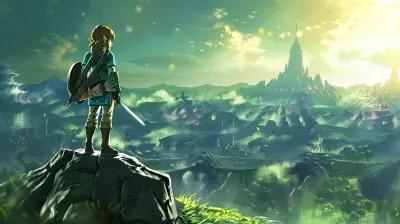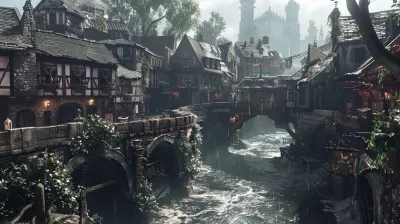The Dark Side of Game Development: Exposing Workplace Challenges
26 September 2025
Video games have given us fantasy worlds to escape to, adrenaline-pumping action, and unforgettable stories. But behind the glitz of E3 trailers, collector's editions, and jaw-dropping graphics lies a world that most gamers never get to see — the harsh, often overwhelming reality of game development.
It’s not all energy drinks and coding marathons. The truth? Game development can be a battlefield of burnout, crunch, poor management, and emotional exhaustion. So let’s pull back the curtain and shine a light on the dark side of game development — because it’s time we talk about the real cost of creating those amazing titles we love.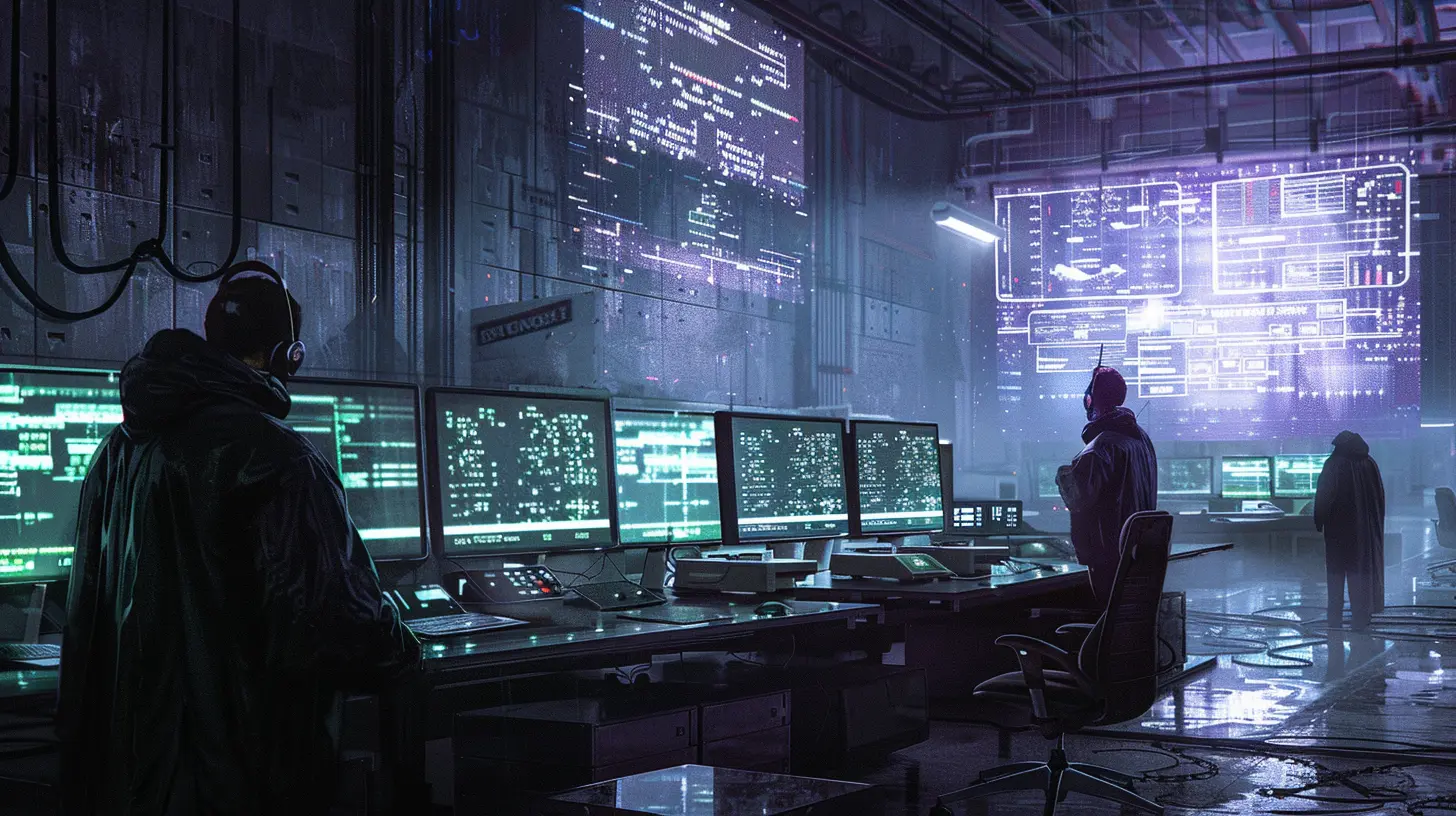
What You See Isn’t Always What You Get
Let’s start with the basics. On the surface, game development might look glamorous. You've got creative minds drafting epic narratives, developers working on cutting-edge tech, and artists crafting beautiful visuals. It's a dream job, right?Well, yes — and no.
For every success story, there are countless others filled with stress, missed family events, and severe mental fatigue.
Crunch Culture: The Monster Under the Bed
If you've read anything about game development, you've probably heard the term "crunch." But what exactly is it?Crunch — A Creative Killer
Crunch refers to the intense periods of overtime that studios often enforce to meet looming deadlines. It typically ramps up in the final months (or even years) before a game’s release. And we’re not talking about an extra hour or two — we’re talking 80-100 hour workweeks. That’s two full-time jobs, minus the pay and sleep.Imagine loving the idea of making games, only to find yourself glued to your desk at 3:00 a.m. wondering if you’ll ever watch Netflix again. That’s crunch.
Voluntary… or Not?
Some companies label crunch as “voluntary,” but in reality, it’s not that simple. Peer pressure, job security, and dedication to the team push many developers to sacrifice work-life balance. After all, nobody wants to be the weak link. But when every week is a crunch week, burnout becomes inevitable.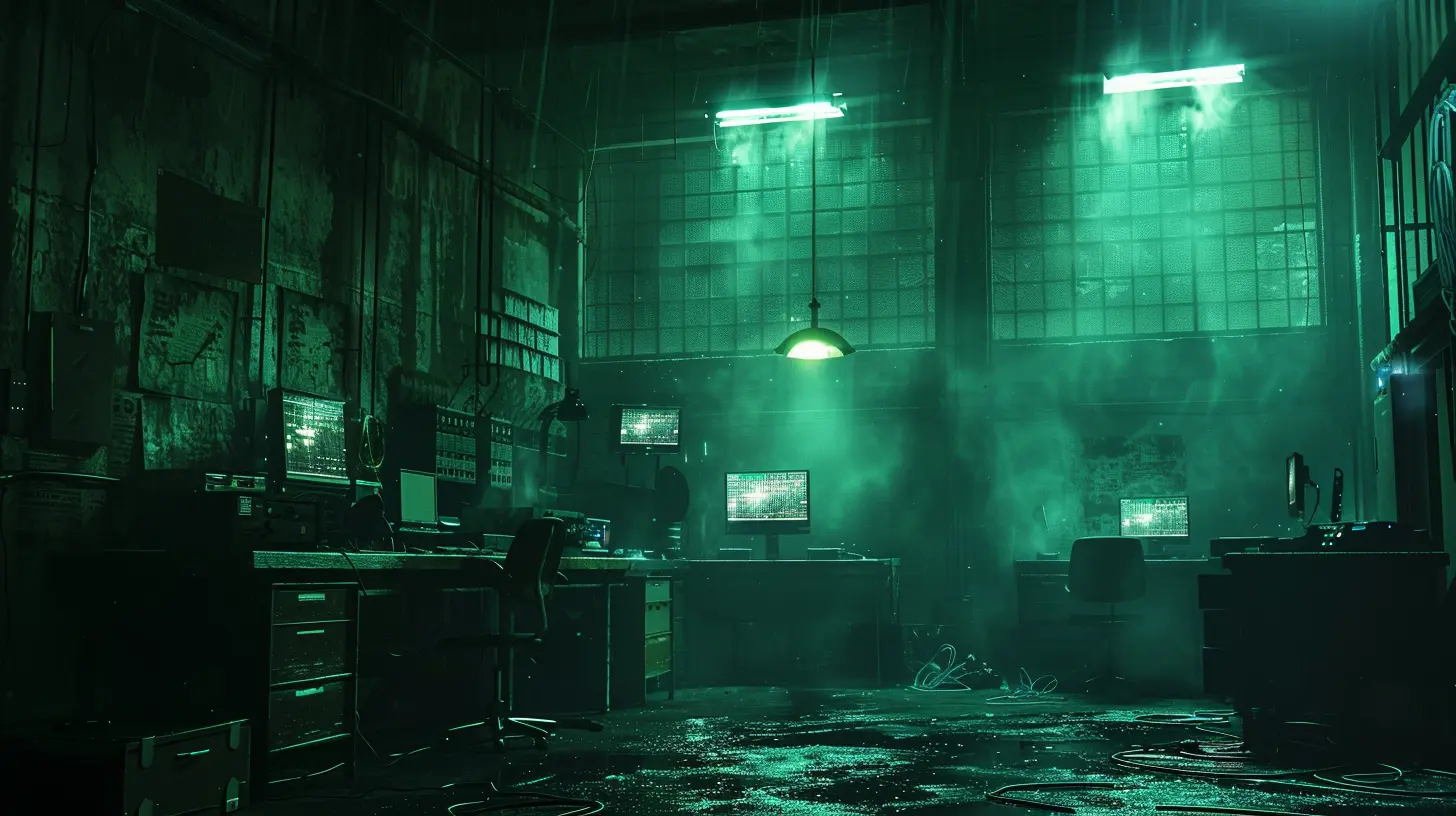
Burnout: The Inevitable Aftermath
Burnout isn’t just being tired. It’s a long-term state of emotional, physical, and mental exhaustion. Game devs who once loved what they did often find themselves disillusioned, struggling to stay motivated.The Effects are Real
Developers report anxiety, depression, insomnia, and a complete lack of creative energy. It’s hard to innovate when your brain is fried. And it’s hard to care about a project when you haven’t seen the sun (or your kids) in weeks.Burnout also leads to high turnover. Talented people either leave the industry entirely or hop from studio to studio, hoping the next one is less brutal.
Spoiler alert: It often isn’t.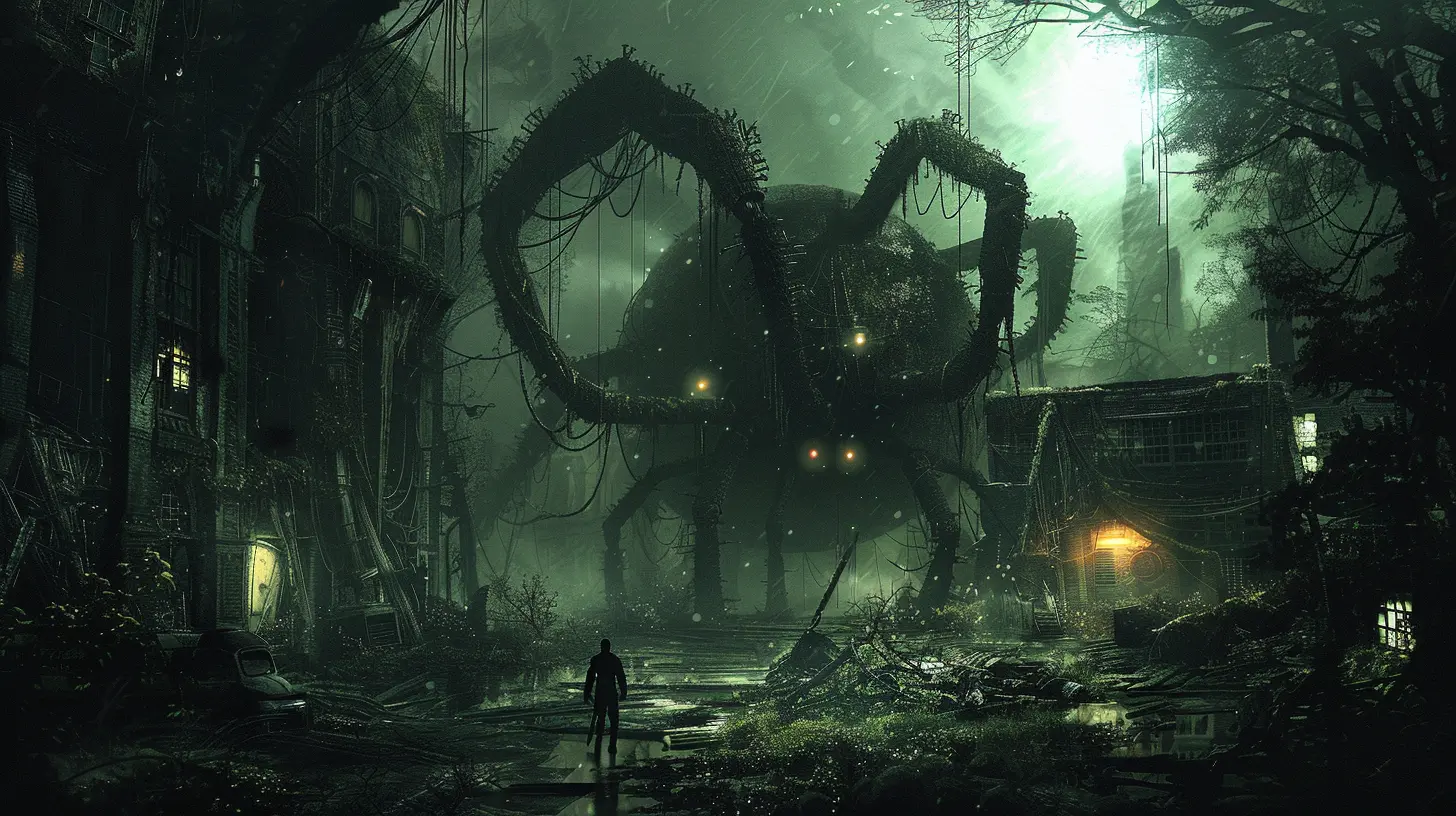
Toxic Work Environments: More Than Just Long Hours
Unfortunately, the problems go deeper than overtime. Toxic workplace cultures are all too common in game development, and they come in many forms.Poor Management
Many studios are founded by passionate creatives — which is great — but passion doesn’t always equal leadership skills. Poor planning, unrealistic deadlines, lack of communication, and micromanagement can make even a dream job feel like a nightmare.Discrimination and Harassment
The game industry, like many others, has faced numerous accusations of sexism, racism, and harassment. Women, minorities, and LGBTQ+ developers often face additional pressures, ranging from underrepresentation to outright abuse. When HR is more interested in PR than protecting employees, silence becomes the norm — which only deepens the damage.Underpaid and Undervalued
Let’s talk money.You’d think working on multi-million dollar games would mean getting paid well. Sadly, that’s not always the case, especially for junior roles or indie developers. Some devs accept poor pay just to get their foot in the door. Others stay quiet because they fear losing their job.
And with so many eager new grads lining up to join the industry, studios know they hold the power. It creates a cycle where the love of making games is used as leverage — “You should work here because it’s your dream — not because of the paycheck.”
Cool. Except dreams don’t pay rent.
The Indie Scene Isn’t Immune Either
Indie developers may not have big publisher-backed deadlines, but they face their own set of challenges.Wearing Too Many Hats
Indie devs often juggle game design, coding, marketing, QA, community building, and more — sometimes entirely solo. That’s a recipe for burnout. With little to no safety net, one bad launch or an unexpected bug can feel like the end of the world.Financial Hardships
Most indie developers don’t strike gold like Stardew Valley or Hades. Many live off savings or side gigs while trying to get their project off the ground. That’s a heavy load to bear — especially when your game gets drowned in a sea of Steam releases.NDA Culture: The Gag Order
One reason these issues stay hidden? Non-Disclosure Agreements (NDAs).NDAs often prevent employees from speaking out about toxic environments, even after they leave. Combine that with fear of career blacklisting, and you’ve got a culture of silence.
This means that the gaming community rarely hears about the breakdowns, the canceled projects, or the developers who quietly vanish after years of working on a title — until a lawsuit or exposé brings it to light.
Mental Health in Game Development
Let’s be honest — mental health in gaming development is in crisis.A 2021 IGDA Developer Satisfaction Survey found that more than 50% of game developers reported experiencing negative mental health effects from their job. That’s… staggering.
Studios Are Starting to Notice
To be fair, not all studios are oblivious. Some are beginning to address these issues with unlimited PTO, mental health resources, flexible deadlines, and fostering healthy work environments.But the road to recovery is long. And systemic change doesn’t happen overnight.
What Can Be Done?
Here’s the million-dollar question: how do we fix it?For Studios:
- Set realistic timelines and budgets.- Avoid crunch by planning smarter and earlier.
- Prioritize employee well-being like you would users’ gameplay experience.
- Encourage open communication — not fear.
For Developers:
- Speak up when you can (safely).- Advocate for boundaries and mental health.
- Support unions and collectives that protect workers’ rights.
For Gamers (Yes, You and Me):
- Support devs, not crunch.- Don’t harass developers over delays — they’re people, not punchlines.
- Celebrate games for quality, not just speed of release.
When gamers show patience and empathy, and studios commit to healthier practices, everyone wins.
Change Is Possible, but It Starts with Awareness
Every blockbuster game has a team of humans behind it — coders, artists, writers, testers — and they all deserve to work in environments that respect their time, health, and creativity.Game development is a beautiful industry with incredible potential. But until we acknowledge and address its darker sides, that potential will always come at a cost.
So the next time you pick up a controller or boot up a new game, take a moment to appreciate the people who made it happen. And maybe — just maybe — let's push for an industry that treats its creators just as well as it thrills its players.
Final Thoughts
The dark side of game development isn’t just about long hours or tight deadlines — it’s about people. Real, passionate individuals who want nothing more than to bring their ideas to life. They deserve better.Let’s keep the conversation going. Let’s hold studios accountable. And let’s support a healthier, happier future for everyone behind the games we love.
all images in this post were generated using AI tools
Category:
Gaming NewsAuthor:

Stephanie Abbott
Discussion
rate this article
1 comments
Trinity Rios
This insightful article sheds light on the often-overlooked challenges in game development, highlighting issues like crunch culture, burnout, and mental health, urging a much-needed conversation for industry reform.
October 1, 2025 at 2:32 AM

Stephanie Abbott
Thank you for your thoughtful comment! I'm glad you found the article insightful and that it sparked an important conversation about these critical issues in game development.
